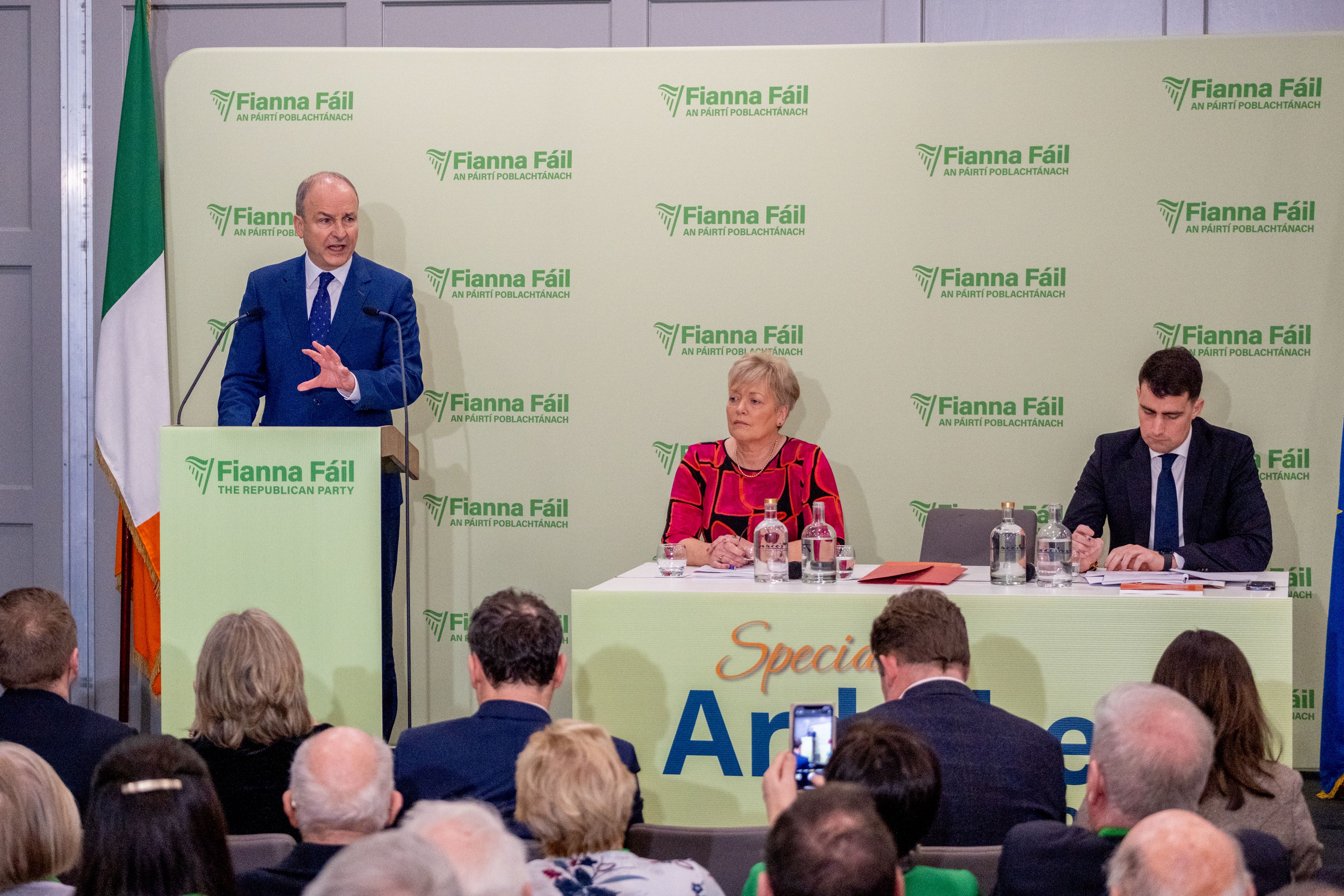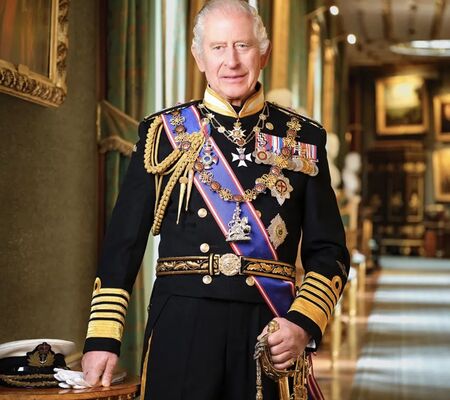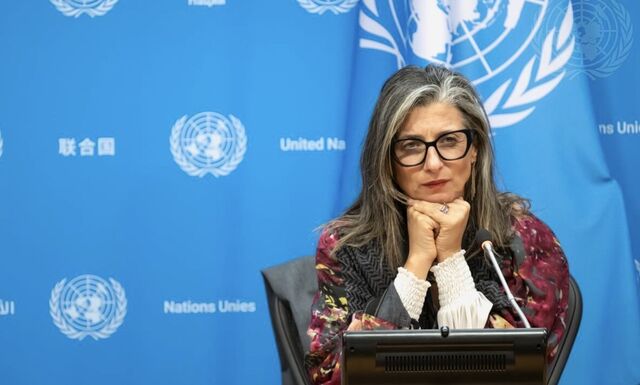THE southern government’s Programme for Government – scant on detail and modest In aspiration – feels like an opportunity missed as we sit at a crossroads waiting to determine our national future.
In amongst the vague, ambiguous uncertainty of the new government, the position of Irish and British citizens who are intensely debating our future goes unrecognised. While confounding, there are clearly some in the Leinster House autocracy who wish to put the partitioned norms back in place. For them, a relationship with Britain means a partitioned island and rendering the legitimate aspiration to national self-determination somehow something to be avoided in case we might make the lads from London blush.
They are, however, in the minority. The truth is that post-Brexit the Irish people are in a different place in their heads and hearts. As with so much in the Programme for Government, modest nods and invisible assumptions just won’t cut it as we head towards a new decade. Our future prosperity ain’t being put back in a bottle.
The lack of inclusion of the promised referendum on Presidential voting rights was just one example of the lack of vision. Previous governments promised this referendum and didn’t deliver. Reversing at this stage out of an inert and unimplemented good intention to a place of being blind to the commitment altogether speaks to the document’s lack of vision and courage. That such a reversal went largely unnoticed in the South tells us that we need advocates in Leinster House, advocates who will notice partitionism in all of its forms, challenge it and secure change. While we have seen such voices traditionally occupy seats in the Seanad, we need TDs who will leave party politics at the door and build consensus on this issue.
At the weekend, Leo Varadkar points out that while relationships may have improved with Keir Starmer’s government, there is likely to be a swing to the right after the next election and that will again plunge us into a crisis that will only be solved by national unification. Acknowledging the lack of vigour in governmental structures, he recognises that the constitutional conversation will rely on civic actors. This is not to be in any way disheartened – this is exactly how all change on this island has come about in the past. In fact, it may be how it has happened everywhere.
Prioritising embracing conversations on this island must be the priority for the time ahead. But that does require resources and an opening up from siloed mentalities. GAA clubs, already operating on all-island basis, could offer rooms and the skills of facilitators for clubs across the island to share hopes and aspirations. Women’s groups with cross-community relationships could share their knowledge of how to build trust and respect with those nervous but anxious for inclusion. Human rights groups can build conversations on the poll that is coming, ensuring that it reflects the values of the Good Friday Agreement and the ECHR.
Reconciliation, at the heart of so much of this work, will be so much a part of this process that we will nearly take it for granted. Meeting each other, north and south, in trust, honesty and respect, the constitutional conversation will become an unprecedented exercise in national reconciliation. Not a programme for government, but a programme for a new nation.








